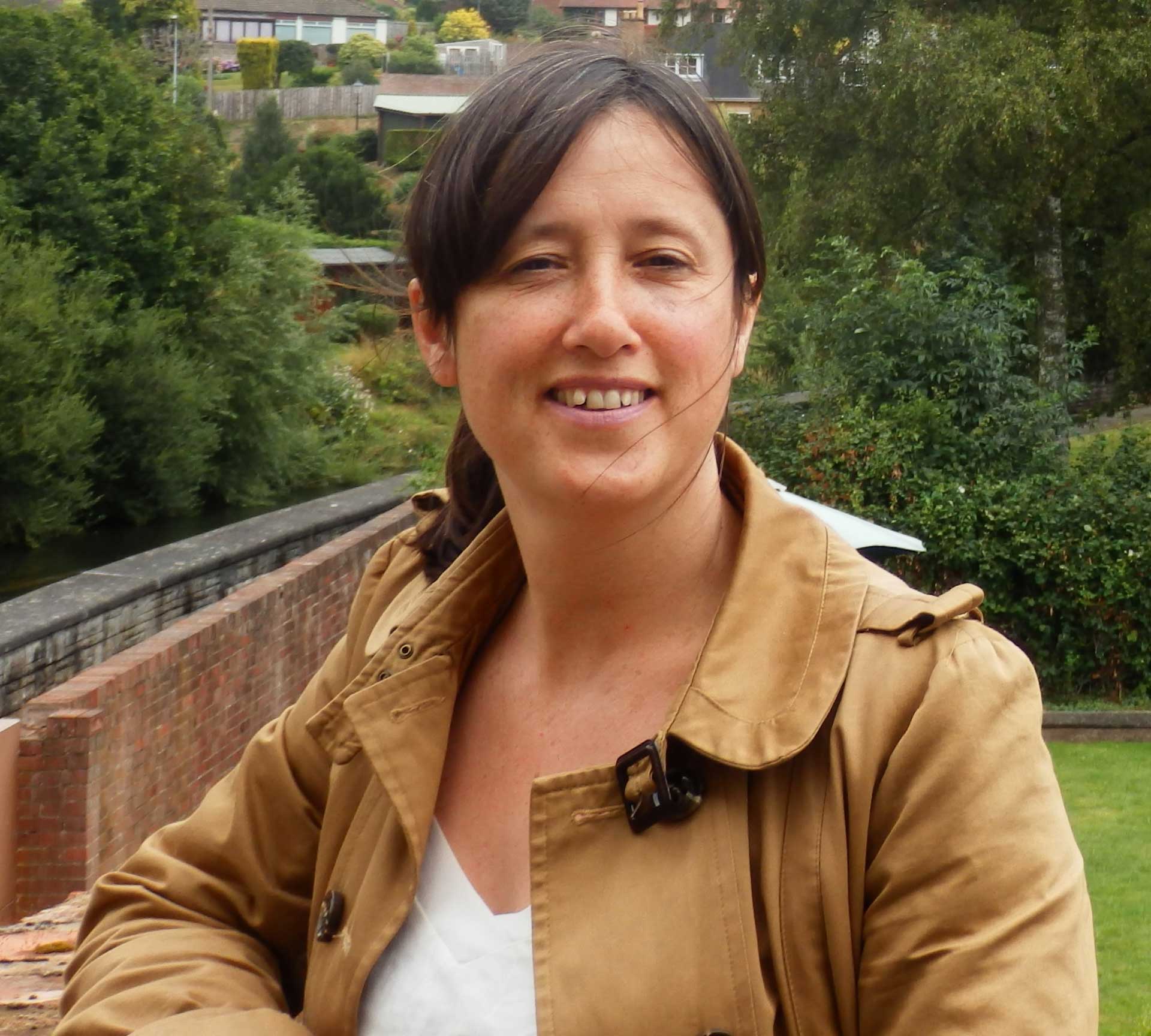Politics
Elin discusses Welsh Youth Parliament with Clinton

AS PART of her visit to Swansea University, Hillary Rodham Clinton had an opportunity to discuss the National Assembly for Wales’ plans to establish a new Welsh Youth Parliament with the Llywydd, Elin Jones AM.
Hillary Clinton received an honorary doctorate from Swansea University, delivered a lecture, ‘Children’s Rights are Human Rights’ and bestowed her name on the Law School, which will be known as the Hillary Rodham Clinton School of Law.
The honorary doctorate recognises Hillary Clinton’s commitment to promoting the rights of families and children around the world. Swansea University, which is home to the Wales Observatory on Human Rights of Children and Young People, shares that commitment and has played a part in shaping Welsh public policy on children’s human rights, including the development of policy for a Welsh Youth Parliament.
In October 2016, the Assembly unanimously agreed a motion to establish a new youth parliament for Wales. The Assembly Commission consulted with over five thousand young people between April-June this year and an overwhelming majority voted in favour of the proposals outlined.
Last week, the Commission agreed to progress the plans and are finalising arrangements to empower children and young people between the ages of 11-18 to elect 60 members to represent their views as Youth Welsh Parliament Members.
The Llywydd, Elin Jones AM, said: “Wales is rightly proud of its record in advancing the children’s rights agenda and I’m pleased to be able to share with Hillary Clinton how the National Assembly for Wales is contributing to this. The establishment of the Children’s Commissioner’s office and the impact of the Rights of Children and Young Persons law, which requires the Welsh Government to have due regard to the rights and obligations in the United Nations Convention on the Rights of the Child (UNCRC), have positioned us well on the international stage.
“Now, we’re planning for the election of the first Welsh Youth Parliament, having consulted with thousands of young people from communities across Wales about the kind of youth parliament they want to see.
“Young people in Wales are currently not able to vote in National Assembly for Wales elections until they are 18. This age threshold, and whether it should be lowered, is actively being considered by an expert panel commissioned by the National Assembly at this time. Despite this, we absolutely believe that young people are citizens whose voices must be heard at the heart of Welsh political debate.
“Following our consultation with young people, I’m pleased to announce the key features of our new Welsh Youth Parliament.”
The details include:
- 40 Youth Welsh Parliament Members will represent Wales’ electoral constituencies and 20 will represent specific groups;
- YWPM will be elected for a two year term and be allowed to stand for election more than once;
- The Welsh Youth Parliament will be independent from all political parties;
- The Welsh Youth Parliament will empower young people to bring about change on the issues that matter to them; and
- It will represent the views of the young people of Wales and ensure young people are influencing the work of the Assembly.
Elin Jones added: “I want the Youth Parliament to reach young people in communities across the nation, in particular those who do not usually get their voices heard. Youth Welsh Parliament Members will go out and listen to other young people, and provide them with an opportunity to express their opinions and empower them to be more active citizens in their nation.”
Vice-Chancellor of Swansea University Professor Richard B Davies said: “We are delighted to present an honorary award to Hillary Rodham Clinton, a figure of enormous international significance and one synonymous with human rights, particularly the rights of children and young people. It is tremendous that she has chosen Swansea University for her first public appearance on this visit to the UK. It shows that we are being noticed for our excellent research and teaching, and the impact that we are making globally.”
Jane Williams, Associate Professor and Co-Director of the Wales Observatory on Human Rights of Children and Young People at Swansea University said: “All of us at the Wales Observatory – both at Swansea and Bangor Universities – are thrilled that the Llywydd is able to join us in celebrating Hillary Clinton’s association with our work on children’s human rights.
“The Llywydd’s leadership and her engagement with the young people who worked so hard to campaign for a Welsh Youth Parliament are proof that we really can work together across all ages to build a better Wales – and a better world – for everyone.”
Professor Elwen Evans QC, head of the Hillary Rodham Clinton School of Law, added: “We are delighted to have Mrs Clinton’s support as a champion for the human rights of children and young people. The School of Law has an international reputation for its ground-breaking work in this area, and we look forward to working with Mrs Clinton to promote and protect these rights around the world through policy, practice, advocacy and law reform”.
News
Too many children in Wales living in poverty – Lib Dems want action

THIS week in the Senedd, the Welsh Liberal Democrats renewed their demands for the implementation of child poverty targets.
According to a report from the Bevan foundation, 29% of children living in Wales are currently experiencing poverty (an estimated 190,000 children).
The same report highlighted that the largest percentage of children living in poverty are from working households or in couple households.
The Welsh Lib Dems are now renewing calls for the Welsh Government to create a set of targets for reducing child poverty, which the party argues will allow for more accountability.
The party has previously called for the implementation of targets, citing recommendations from the Calling Time on Child Poverty Report published in November last year.
Commenting, the Leader of the Welsh Liberal Democrats Jane Dodds MS said: “The latest statistics on childhood poverty in Wales paints a very distressing image of families across the country struggling to make ends meet.
Over the course of the last six years, the proportion of children in poverty has skyrocketed. Fuelled by worsening economic conditions and a complete lack of action from both governments in Westminster and Cardiff Bay.
We cannot act complacent about these figures nor accept the clear lack of progress in fighting child poverty, behind each statistic is a child that the state has failed.
It remains painfully clear that the Welsh Government is failing to make any meaningful progress in this fight, which is why they must follow through with the implementation of clear set targets that will allow for further accountability.
We as a party have continuously called for the creation of these targets and we will not be silenced. For the sake of future generations we urge the Welsh Government to listen.”
Education
Conservative calls for academies and free schools rejected by Senedd

THE SENEDD has rejected calls to introduce free schools and academies after a report found major challenges in Wales’ education system.
Tom Giffard led a Conservative debate on educational attainment, warning that Wales is consistently at the bottom of UK-wide league tables.
The party’s new shadow education secretary pointed to an Institute for Fiscal Studies (IFS) report on education in Wales which found low outcomes and high levels of inequality.
Mr Giffard told the Senedd the IFS report highlights the pitfalls of the Welsh Government putting all its eggs in the basket of a skills-based approach.
Criticising a failure to measure skills inequalities and pupil progress, he stressed that Wales’ lower performance is due to policy and approach rather than funding or the pandemic.
He said: “It seems the Welsh Government relies on Pisa results to tell the story but then, when those same results are all too disappointing, they are dismissed in equal measure.”
Mr Giffard, who previously worked in a primary school, said declines in Pisa results can be observed in almost every country that has adopted a skills-based approach.
Raising concerns about disappointing Pisa results, the South Wales West MS pointed out that Wales saw the lowest scores in the UK for every subject.
Heledd Fychan, Plaid Cymru’s shadow education secretary, warned that Wales’ schools are understaffed and facing difficult decisions due to budgets being at breaking point.
She criticised implementation of the Welsh Government’s additional learning needs (ALN) reforms, saying schools cannot realise the aims without the budget to bring them to life.
Ms Fychan said Plaid Cymru agreed with much of the Tory motion but her party would not support calls for free schools and academies.
Sam Rowlands described the IFS report as damning, warning that the Welsh Government’s education reforms have been disastrous and have widened inequality.
The Tory MS claimed the reforms are systematically holding back disadvantaged children, saying: “The most remarkable fact is that the performance of disadvantaged children in England is either above or similar to the average for all children in Wales.”
Mr Rowlands added: “The poorest in England’s schools are doing the same or better than the Welsh average, thanks to ambition, the academies and free schools.”
Samuel Kurtz, a fellow Tory, said free schools and academies have driven up standards in England as he argued a Wales roll-out provides an opportunity to improve outcomes.
James Evans, the Conservative MS for Brecon and Radnorshire, highlighted the party’s pledge to get 5,000 more teachers into Wales’ classrooms.
Buffy Williams, the newly elected chair of the Senedd’s education committee, said Wales is undergoing a profound transformation propelled by ALN and curriculum reforms.
The Labour MS for Rhondda stressed the importance of listening to teachers and allowing ample time for the reforms to take root in classrooms across Wales.
Altaf Hussain recounted a conversation he had this week with a headteacher at one of the largest schools in his South Wales West region.
The Conservative said: “The major improvements they have been delivering to attainment and addressing behavioural issues are all at risk because of cuts to funding.
“Vital work undertaken to improve the lives of young people with additional needs could be halted because they cannot afford to continue employing the support workers.”
Lynne Neagle recognised the scale and seriousness of work still ahead to improve Wales’ education system, stressing: “I am not, in any way, complacent about that task.”
Wales’ newly appointed education secretary, who takes over from Jeremy Miles, said sustained improvement in attainment will be among her top priorities.
She told the chamber: “My early focus has been to listen closely to schools and where it is clear that schools seek more scaffolding.”
Ms Neagle said the Welsh Government will work with trade unions and employers to reduce workload and eliminate unnecessary red tape.
The Conservative motion was voted down, 14-35, following the debate on April 24. The motion as amended by the Welsh Government was agreed, 26-23.
Climate
£1m turbine application to be decided by all councillors at County Hall

A TWICE-BACKED £1m scheme for a “20-storey-high” wind turbine at a Pembrokeshire mansion will have to be decided by all councillors.
Mr and Mrs Glen Peters of Western Solar Ltd are seeking permission for a single turbine on land near the Grade II-listed Rhosygilwen Mansion, which includes an arts and functions building known as Neuaddydderwen.
Members of the April meeting of Pembrokeshire County Council’s planning committee were recommended to refuse the scheme, despite backing it at their March meeting.
This backing meant the application returned to the April meeting for ratification after a ‘cooling off’ period; the application having been deferred at the January meeting pending a site visit.
It was initially recommended for refusal in January for several reasons, including potential harm to the setting of the Grade-II-listed house and grounds, and fears of threats to the safe operation of West Wales Airport at Aberporth in neighbouring Ceredigion, some 9.5 kilometres away.
The last concern was later withdrawn.
In papers ahead of the April meeting, officers, again recommending refusal, have said the scheme “would not protect or enhance the setting [of Rhosygilwen] but rather would result in significant harm to this interest of acknowledged importance”.
They have also warned any backing of the scheme against policy recommendations could set a precedent for similar developments.
-

 News7 days ago
News7 days agoPolice issue update on the search for Luke, missing from Pembroke Dock
-

 News2 days ago
News2 days agoPolice and air ambulances at ‘serious incident’ at West Wales school
-

 News6 days ago
News6 days ago20mph U-turn: Some roads will return to 30mph following public outcry
-

 Community6 days ago
Community6 days agoMiracle pup finds her forever home after heart-wrenching journey
-

 Crime2 days ago
Crime2 days agoPembrokeshire pensioner accused of 17 sexual offences against children
-

 Crime18 hours ago
Crime18 hours agoAll three school stabbing victims discharged from hospital, police confirm
-

 Community3 days ago
Community3 days agoCounty Hall to offer space for community banking
-

 Crime4 days ago
Crime4 days agoBrian Davis: Wanted on suspicion of commercial burglary





















